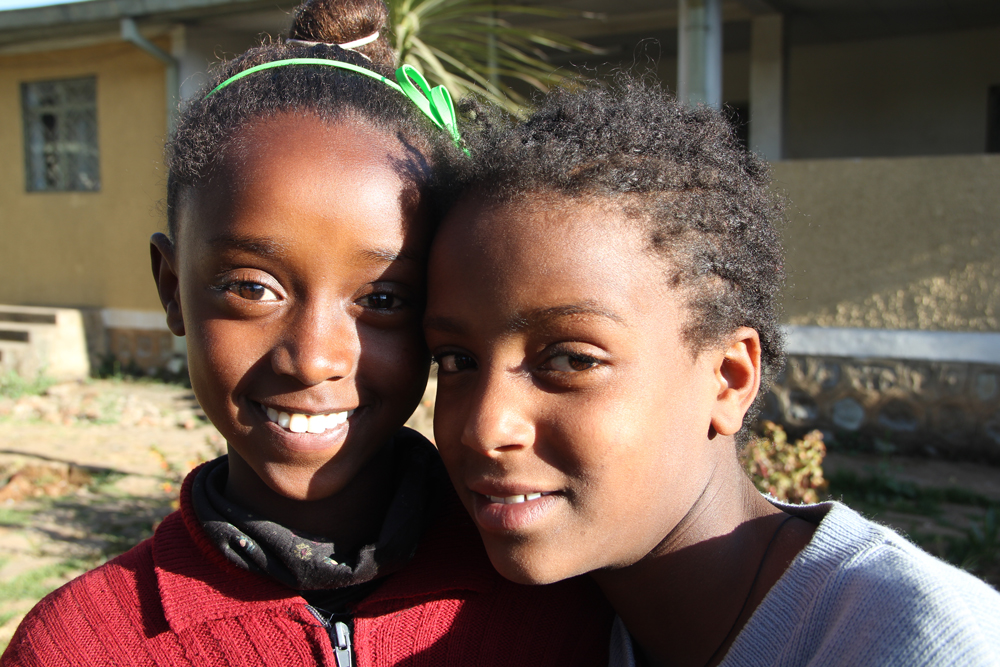
This collaboration between Global One Health initiative (GOHi) and the Ohio Agricultural Research and Development Center’s (OARDC) Food Animal Health Research Program (FAHRP) builds capacity as part of a grant awarded to the University of Florida Institute of Food and Agricultural Sciences from the Bill & Melinda Gates Foundation. The grant funds research to tackle global hunger and food safety in Ethiopia and Burkina Faso.
GOHi and FAHRP play a lead role in research and training activities focused specifically on Environmental Enteric Dysfunction (EED), a diarrheal disease that is a major cause of childhood death in resource-stricken countries. The project as a whole will identify ways to help improve the nutrition and growth of children who live in rural Ethiopia, many of whom have suffered from malnutrition and stunted growth as a result of chronic digestive issues related to exposure to chicken droppings associated with EED.
This research is referred to as the CAGED project and is a cluster randomized community-based trial, testing whether improvements in a child’s growth pattern can be attained by providing access to quality protein sources and improved health. To achieve overall health and wellness, trainings will be conducted on Water, Sanitation and Hygiene (WASH) practices, and information and materials will be disseminated on the proper ways to raise chickens in a clean and safe environment. Studies will also be conducted on the foodborne pathogen, Campylobacter, and its genetic makeup, to better understand the bacteria, how it spreads and its connection to EED.
The goal will be improved growth among children in the intervention group by reducing infections from food contaminated with the bacteria Campylobacter, which can be found in infected animals such as chickens. Eliminating the bacteria would decrease the prevalence of recurrent diarrhea and in combination with increased access to eggs, children participating in the study would have reduced rates of stunting and malnutrition.
Learn more about the University of Florida’s research project.